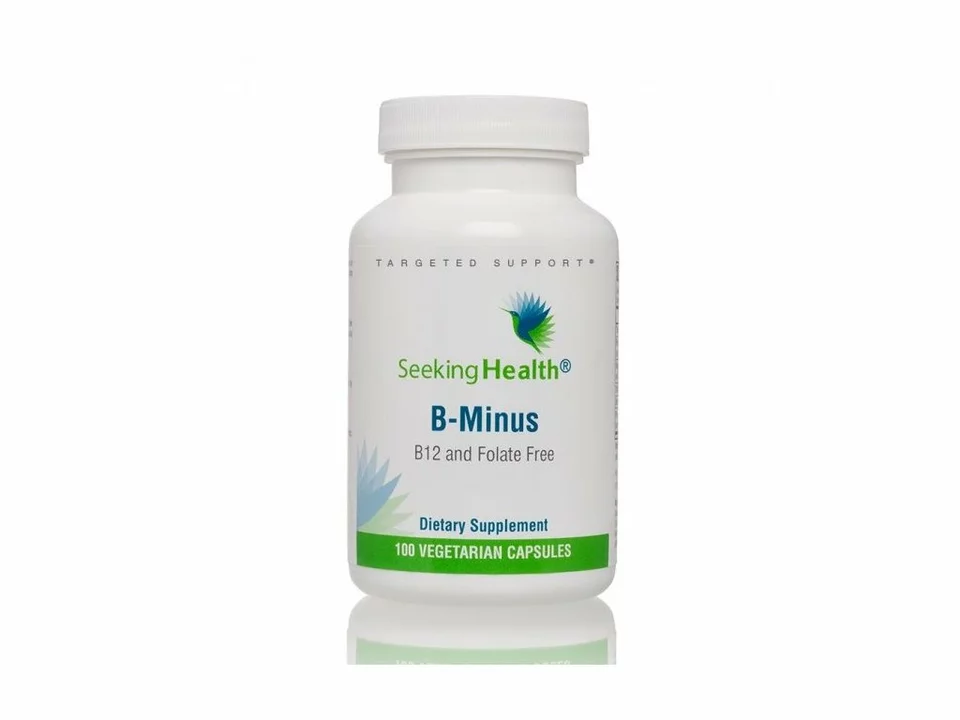Laminaria: What It Is and Why People Use It
Laminaria is a type of brown seaweed used two main ways: as a medical cervical dilator (dried sticks that absorb fluid and expand) and as an edible seaweed or supplement (kombu, kelp varieties). If you've heard the word and wondered whether it's safe or how it works, this page gives straightforward, practical answers you can use with your doctor.
How laminaria works in medical care and supplements
In obstetrics and gynecology, sterile laminaria sticks are placed in the cervix. They swell over a few hours as they absorb moisture, gently opening the cervix before procedures like second-trimester termination or before some gynecologic surgeries. The expansion is mechanical, not chemical.
As a food or supplement, species like Laminaria japonica (kombu) provide iodine, alginate, and compounds like fucoidan. People use kelp extracts for trace minerals or antioxidant interest, and kombu is a common ingredient in broths and Asian cooking.
Safety, risks, and practical tips
If laminaria is recommended for a cervical procedure, it should only be placed by a trained clinician in a sterile setting. Risks include pain, bleeding, infection, and—rarely—cervical injury. Ask your provider how long the stick will stay in, what pain options exist, and what signs (fever, heavy bleeding, severe pain) should prompt immediate contact.
For supplement use, the biggest risks are too much iodine and contamination. High iodine intake can cause thyroid problems, especially if you already have thyroid disease. Some seaweed products contain heavy metals or variable iodine levels. Pick supplements from reputable brands that test for heavy metals and list iodine content clearly.
If you’re pregnant, breastfeeding, or have thyroid issues, talk to your clinician before eating large amounts of kelp or taking laminaria-based supplements. Small amounts in food (a slice of kombu in a soup) are usually fine for most people, but concentrated supplements can push your iodine intake above safe limits.
Alternatives to medical laminaria for cervical ripening include balloon catheters (mechanical), prostaglandin medications like misoprostol or dinoprostone, and timed oxytocin after medical ripening. Each option has different risks and comfort levels—ask which fits your situation.
Buying advice: For medical use, you won’t buy laminaria over the counter—clinics source sterile, medical-grade sticks. For supplements, choose brands that provide third-party testing, clear iodine labels, and dosing guidance. Avoid bulk or untested powders from unknown vendors.
Quick checklist you can use right now: 1) If laminaria is proposed for a procedure, confirm sterile placement and aftercare instructions. 2) If considering kelp supplements, check iodine amount and third-party testing. 3) Tell your provider about thyroid disease, pregnancy, or medications before using any laminaria product.
Questions about a specific product or procedure? Jot down your concerns and bring them to your clinician—it's the fastest way to get safe, personalized advice.
- Colin Hurd
- Jun, 2 2023
- 15 Comments
Get to Know Laminaria: The Science-Backed Dietary Supplement for Optimal Health
In my latest blog post, I dive into the wonderful world of Laminaria, a science-backed dietary supplement that promotes optimal health. Laminaria, a type of brown seaweed, is packed with nutrients and has numerous health benefits, such as boosting the immune system, improving digestion, and supporting thyroid function. Not only is it rich in iodine, but it also contains essential vitamins and minerals like potassium, iron, and magnesium. I've explored the numerous scientific studies that support the use of Laminaria and shared my personal experience with this powerhouse supplement. Give it a read to learn more about how Laminaria can improve your overall health and well-being.

